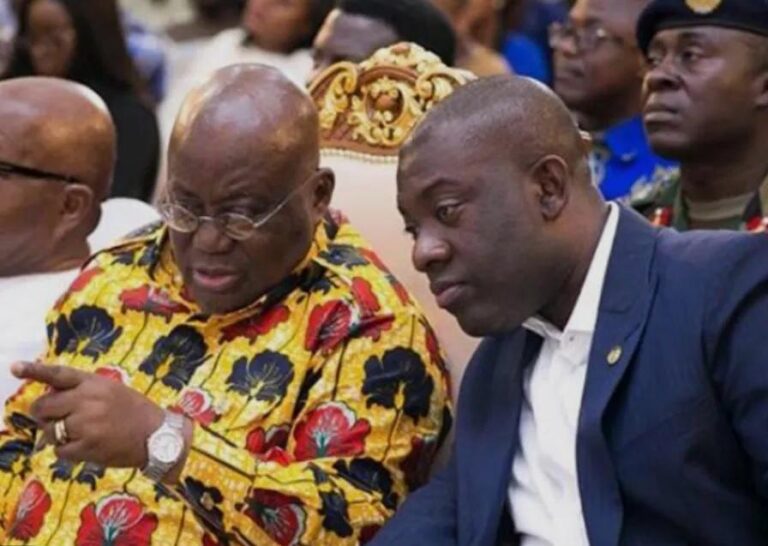Recent reports from the camp of the New Patriotic Party indicate that the government has made a significant decision to retract the imposition of the 15% Value Added Tax (VAT) on electricity bills.
This pivotal move, relieving consumers from additional tax burdens, emerged following a cabinet meeting held on February 2, 2024. The decision marks a significant shift in policy direction and has sparked varied reactions across the nation.
Organized Labour had scheduled a nationwide demonstration set for February 13, 2024, to press the government to rescind its directive to implement the 15% VAT on residential electricity consumption. Additionally, Labour groups had announced plans to wear red bands at work from February 5 to February 13, hinting at the potential for a nationwide strike if the VAT directive remained unchanged post-demonstration.
In a recent development, the New Patriotic Party (NPP) shared on its official platform on X [formerly Twitter] that the proposed tax had been withdrawn. The decision to drop the VAT on electricity is attributed to vigorous opposition from the Trade Unions Congress (TUC) and other stakeholders, which significantly influenced the government’s stance.
TWEET: New Patriotic Party (NPP) Drops 15% VAT on Electricity
CABINET DROPS 15% VAT ON ELECTRICITY #BuildingGhanaTogether https://t.co/0fiht9nk6K
— New Patriotic Party (@NPP_GH) February 4, 2024
Despite receiving initial approval from both Cabinet and Parliament, the widespread dissent surrounding the VAT imposition prompted a thorough reassessment of the policy. Sources suggest that the government is now poised to engage in discussions with the International Monetary Fund (IMF) to explore compensatory measures for the anticipated revenue shortfall resulting from the VAT cancellation.
While the final decision regarding the policy remains uncertain, insider reports hint at potential outcomes following consultations with the IMF. The government may opt to completely discard the VAT imposition or significantly reduce its scope based on the consultations and ensuing negotiations. As stakeholders await further updates, the government’s decision underscores the dynamic interplay between public policy, economic imperatives, and stakeholder feedback in shaping national fiscal strategies.


